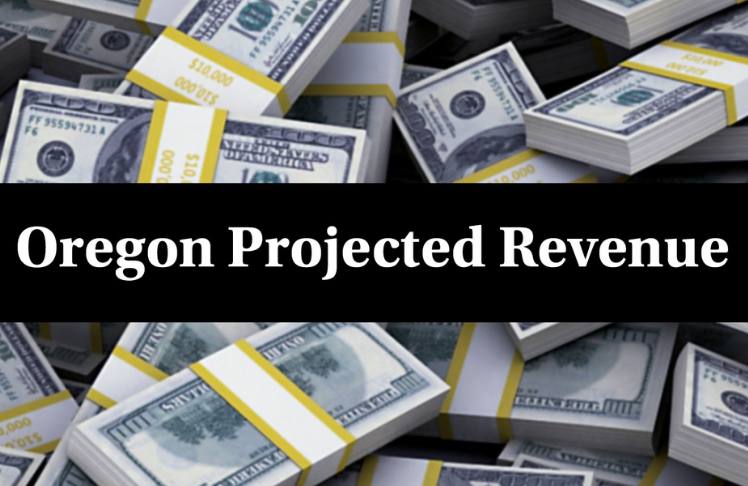
Oregon has a huge bright spot that no one expected. It is projected to be up close to $2 billion in revenue. Now, the state is expected to send nearly $4 billion back to taxpayers next year. This forecast of in the black revenues continue to soar past economist’s initial expectations of Oregon which operates on two-year budget cycles. The current budget ends June 30.
The state has a huge project in the I-5 Rose Quarter Highway Improvement Project that many see as a big deal for the state economy, especially for people of color. The state’s revenue surplus forecast, however, was still not expected and reportedly defies political expectations. Others say that what is happening has altered conventional wisdom about Oregon’s economy.
Money not spent by June 30 would be added to next budget. The revenue forecast released last week predicted the state already would have an additional $173 million to spend during 2023-25 than was estimated back in February, and $2 billion more in 2025-27.
Many are wondering what will the surplus funds be used for. Rep. Pam Marsh, D-Ashland is in the news calling for investing more in worker training. Raimore Construction, the primary contractor on the above name I-5 Project is where politicians may see big benefits. The company ‘s leader Jeff Moreland has spoken repeatedly about improving through wealth building. Rep. Ashland’s idea of investing back into communities via job training is an idea that supports good economics for the state into the future.
Governor Tina Kotek speaking about the economic surplus said recently, “I think the biggest challenge right now is there are going to be a lot of people who will look at those numbers and say, ‘Great. We have a lot of money. Let’s do a bunch of new things. I would say, ‘Let’s do what is in law now. Do it well. Fund the agencies. Fund the staff. Fund the community partners. Make sure they can do the work we have. If we’re going to do a few new things, let’s make sure they’re very targeted – like early literacy – with very specific goals in mind, because that’s how you build for the future.’ This should not be a spending spree on new ideas.”















